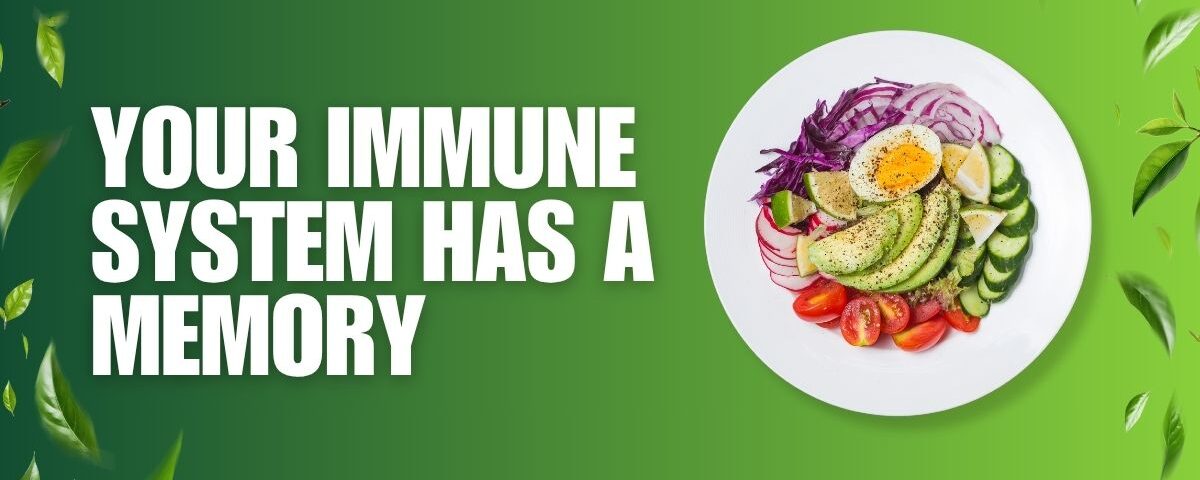The human immune system is a biological marvel. It’s not just a reactive defense mechanism—it’s a learning and remembering machine. Every time you fight off an infection or receive a vaccine, your immune system files away that experience like a trained guard dog recognizing past intruders.
In a world facing ever-evolving viruses and global health threats, immune memory is more crucial than ever. Let’s explore what it is, how it works, and why scientists say it’s the key to long-term protection.
What Is Immune Memory?
Immune memory refers to the ability of your immune system to remember past encounters with pathogens (like viruses and bacteria) and respond more rapidly and effectively the next time.
It’s like having a biological “most-wanted” list—so the next time that virus shows up, your body already knows how to neutralize it.
How Does It Work?
After exposure to a pathogen (via infection or vaccination), your body produces:
- Memory B cells: They “remember” how to make specific antibodies.
- Memory T cells: They help kill infected cells or support other immune responses.
These memory cells can last for years or even decades, patrolling your bloodstream and standing ready to respond.
Why It Matters in Today’s World
1. Stronger Protection Against Variants
Even if a virus mutates slightly (like COVID-19 or influenza), immune memory allows your body to recognize parts of the original virus—offering cross-protection.
🧠 “Your immune system doesn’t forget—it adapts.”
2. Vaccines Rely on It
The success of vaccines—from polio to COVID—hinges on immune memory. One shot (or a series of doses) teaches your immune system how to fight the real thing later.
Some vaccines (like measles) offer decades-long protection, thanks to strong memory responses.
Booster Shots: Not Always Bad News
If immune memory is so good, why do we sometimes need boosters?
- Some pathogens change rapidly, like the flu virus.
- Memory may fade over time, depending on the disease.
- Boosters re-train and remind your immune system, strengthening its response.
In many cases, no booster means no problem—your body still remembers. But in others, like COVID-19, boosters help stay ahead of mutations.
Natural Infection vs. Vaccination: Which Builds Better Memory?
Studies show that vaccination often builds safer and more targeted immune memory than natural infection—without the risk of severe illness.
In fact, some vaccines (like mRNA vaccines for COVID-19) produce stronger memory T cell responses than mild infections do.
What Experts Are Saying
“Understanding immune memory is changing how we design vaccines. We’re now aiming not just for protection, but for long-term immunity.”
— Dr. Ali Ellebedy, Immunologist and Vaccine Researcher
The Bigger Picture
In the post-pandemic world, immune memory is no longer an obscure concept—it’s a critical piece of global health strategy. It guides vaccine design, pandemic response, and even cancer immunotherapy.
Knowing that your body has a “memory bank” of defenses gives scientists the tools to train it better, faster, and smarter than ever before.
Bottom Line
Your immune system doesn’t just fight—it remembers. And that memory might be the single most powerful weapon in protecting you from diseases old and new.
Now more than ever, immune memory matters. So trust your immunity, strengthen it wisely, and keep it informed—because a smart immune system is your lifelong bodyguard.




